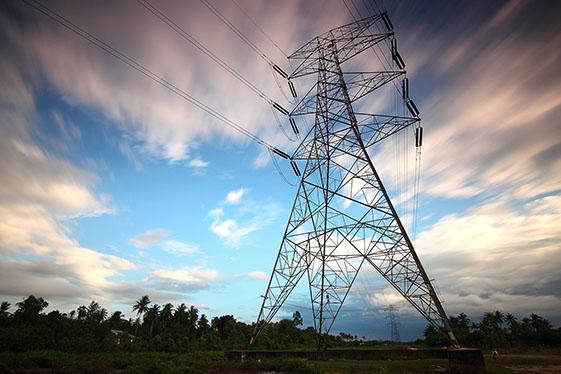
Following a government U-turn, Chancellor of the Exchequer Rishi Sunak has unveiled a package of measures stated to be worth over £15bn. The windfall tax on energy companies aims to raise around £5bn in its first year. The "temporary targeted energy profits levy" will be charged at a rate of 25% on profits of oil and gas companies but will be phased-out once prices return to more normal levels. So, what has been the reaction from our sector? Perhaps unsurprisingly because of the breath of focus of VCSE organisations, it has been varied.
Many charities welcomed the new tax which is designed to help families deal with the cost-of-living crisis. Dan Paskins, director of UK impact at Save the Children said that the measures will provide “much needed breathing space to many families struggling with the cost of living. We know parents have been skipping meals so there’s enough food for their children. That they’ve been turning out the lights to save electricity and watching the meter every day.”
The majority of the funds have been set aside to support the most vulnerable households, for example those on the lowest incomes will receive a one-off payment of £650 in two instalments later this year, there will be a £150 payment for people in receipt of disability benefits and a doubling of the upcoming £200 energy bills discount.
Sam Nadel, head of government relations at Oxfam, said the measures were overdue: “About time! It’s right that fossil fuel companies making excess profits are being asked to contribute more at a time when so many families in the UK have run out of options and can’t afford to pay the bills, with little left to cut back on. These payments will be especially important for sick and disabled people who often require more energy. Ensuring that this support reaches those who are most in need quickly and efficiently must now be the priority.”
Other measures include an extra £300 for pensioners who receive winter fuel payments. Caroline Abrahams, charity director at Age UK, said: “Age UK is pleased and relieved that the government has recognised the extreme risks soaring inflation poses to the health and welfare of pensioners.”
Some charities were disappointed that measures did not go further. Robert Palmer, executive director at Tax Justice UK, said: “The chancellor has finally responded to campaigners’ demands for a tax on the bumper profits of oil and gas producers. Sunak’s levy of £5bn still leaves shareholders pocketing billions in freak profits at the expense of struggling bill-payers. This one-off minimal tax falls far short. We need sustained reforms to make the tax system fairer, more support for people with ballooning bills and help with the transition to net-zero.”
Other charities felt measures failed to address the root causes of the problems. Sana Yusuf, climate campaigner at Friends of the Earth, said the measures fail to tackle one of the root causes of soaring heating costs – the UK’s poorly insulated homes. “While emergency support will bring some relief to those already struggling to pay their energy bills, the package misses the opportunity to invest in a free, street-by-street insulation programme, targeting those most in need first, which would reduce bills this winter and in the future.”
Ami McCarthy, political campaigner for Greenpeace UK, argued that the government should drive money into clean energy solutions. “While providing support to millions struggling with sky-high energy bills is 100% the right thing to do, by only skimming the top 25% off oil and gas company profits Sunak has missed a huge opportunity to tackle the root cause of the cost-of-living crisis and the climate crisis together. Taxing the full profits at 70% would have more than doubled the cash available. This windfall tax will serve only as a sticking plaster”.